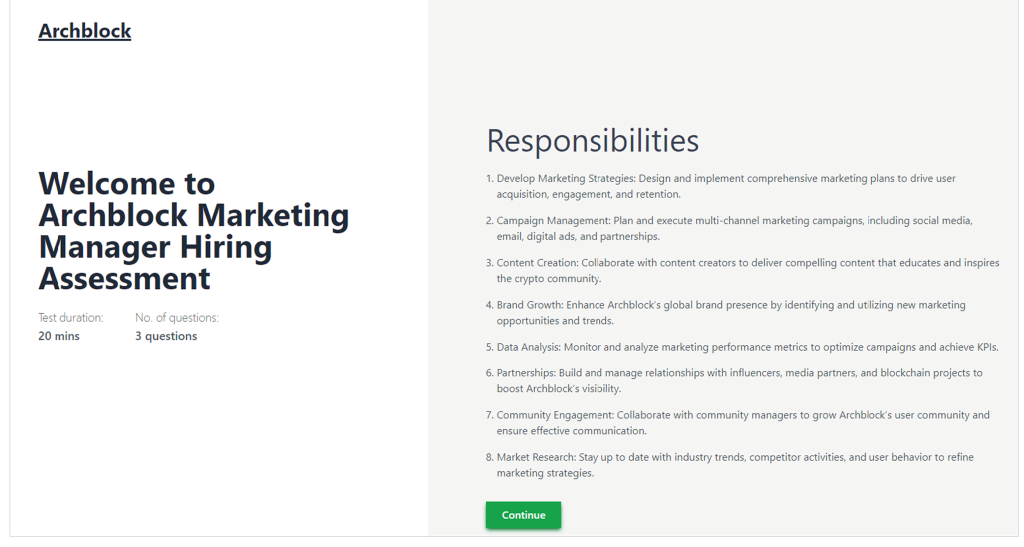At a time when the value of intercollegiate athletics is being questioned, some wonder what America is getting for its investment in sports. Pundits ask whether resources could be put to better use by focusing on core academic competencies, arguing that sports may pose a distraction from learning or result in unnecessary injuries. These are familiar arguments–but they are wrong.
Contrary to the perception of sports as peripheral to academics, collegiate sports offer transformative learning experiences. Athletes develop discipline, perseverance, and effective communication skills that see them thrive in highly competitive environments, qualities that are transferable and contribute to success in business as well as other aspects of life.
Perhaps by design, perhaps by happenstance, American education has evolved into a gloriously irrational combination of passion, logic, and competition. That combination has created the most effective economic engine in history. Far from being extracurricular, elite collegiate sport has become key to teaching leadership and teamwork, and sports are integral to American dominance in the complex game of global business. While the debate about how best to allocate educational resources persists, there is ample evidence of the many benefits that collegiate sports bring to American education.
In light of the recent decision by the Supreme Court to do away with affirmative action policies, the role of sports in fostering racial equity also becomes significant. Sports provide a platform where individuals can excel based on their abilities and dedication, regardless of racial or societal barriers. Sports tend to naturally promote diversity and inclusion since performance ultimately transcends class and discrimination. Sports brings all kinds of people together for shared experiences. Unlike the challenges of discerning truth from fiction in our new digital world, sports offer a genuine and unvarnished window into true performance.
From a business perspective, companies want to win just like sports franchises. To succeed, they need people who are more than well-educated: they need employees who are driven, adaptive, and resilient. I believe that is why you can find water polo players at leading companies like John Donohoe at Nike, Eric Schmidt at Google, Robert Sternfels at McKinsey, Larry Ellison at Oracle, Greg Penner at Walmart, and Sasan Goodarzi at Intuit, among many others, including the former CEOs of The Gap and Salesforce.
In my own experience, as the father of three boys, I found that my sons performed better in the classroom during water polo season. This seems counterintuitive because water polo is renowned for its demanding training regimen, which often exceeds six hours per day with pool sessions and additional conditioning. Surprisingly, the structured season schedule resulted in improved academic performance compared to periods with more discretionary time on their hands. When I was studying music in college, I still remember arriving at my 8 a.m. music theory class with wet hair and reeking of chlorine after 5,000 yards in the pool. Perhaps that was why my musician peers nicknamed me “Jacques” (aka “Jock”).
In the hallowed halls of academia, we aspire to ideals. On the field of play, we experience something more akin to everyday life. Although sports strive to be fair, every athlete deals with blown calls, tactical errors, and moments of transcendence that defy all odds. These experiences are unparalleled teaching moments. What is the value of putting students through athletic adversity? Sports is a reality check. It is difficult to escape the athletic experience without learning a few basic truisms. Life isn’t fair. Teamwork is essential to success. Practice and preparation matter. And perhaps most importantly, you are only as good as your last game.
As a water polo player, I learned this at a young age, I felt that I had been held during a match, and the referee did not call a foul. While I looked up at the referee and made a gesture questioning the “no call,” my opponent sped down the pool and scored a goal on the counterattack. These kinds of experiences prepared me for the vicissitudes of business, where looking backward rather than moving ahead only gives your competition an advantage. In business like sports, as the saying goes, you snooze, you lose.
This blend of work ethic, competitive fire, and academic preparation has created a secret sauce in American business which, in my view, is part of the reason American companies have historically outperformed most of our international competitors. Notwithstanding the hand-wringing in our media about the lack of U.S. global competitiveness, America still boasts the highest nominal Gross Domestic Product in the world today, valued at $23 trillion annually.
The inclusion of high-level competitive sports in the American education system is also unique among nations. Across Europe and Asia, elite athletes generally hone their skills through professional clubs. In America, high-level collegiate sports have become an inseparable part of American education–and the economy. Collegiate sports generated an approximate total revenue of $18.9 billion in 2019, according to Statista.
Money is only one aspect of this phenomenon. American education values sports differently than its counterparts around the world because it recognizes that sports provide a competitive edge beyond the field of play. Athletes must understand discipline and teamwork, and show leadership to succeed. As it happens, those same qualities provide significant benefits in other areas of life, especially in business. It is little wonder that institutions like Harvard sponsor up to 40 varsity sports programs on their campus, which not only enhances academic development but furthers the institutions’ brands and the on-campus experience. Imagine how dreary life would be without the annual Harvard-Yale game!
American colleges have played a critical part in the country’s economic success by nurturing talent that is not only well-prepared in the classroom but also on the field of play. Without affirmative action, it is crucial for colleges and businesses to promote talent based on merit and potential, regardless of privilege, just as in athletics. Let us hope that the American blend of education and sports can be a beacon for greater opportunity on campuses and in corporations, even as it continues to stoke the fires of American capitalism.
Christopher Ramsey is the CEO of USA Water Polo, the national governing body for the sport that is dedicated to engaging the water polo community, from local leagues to the Olympics, and to opening the doors of opportunity for all who want to play.
The opinions expressed in Fortune.com commentary pieces are solely the views of their authors and do not necessarily reflect the opinions and beliefs of Fortune.
Credit: Source link











